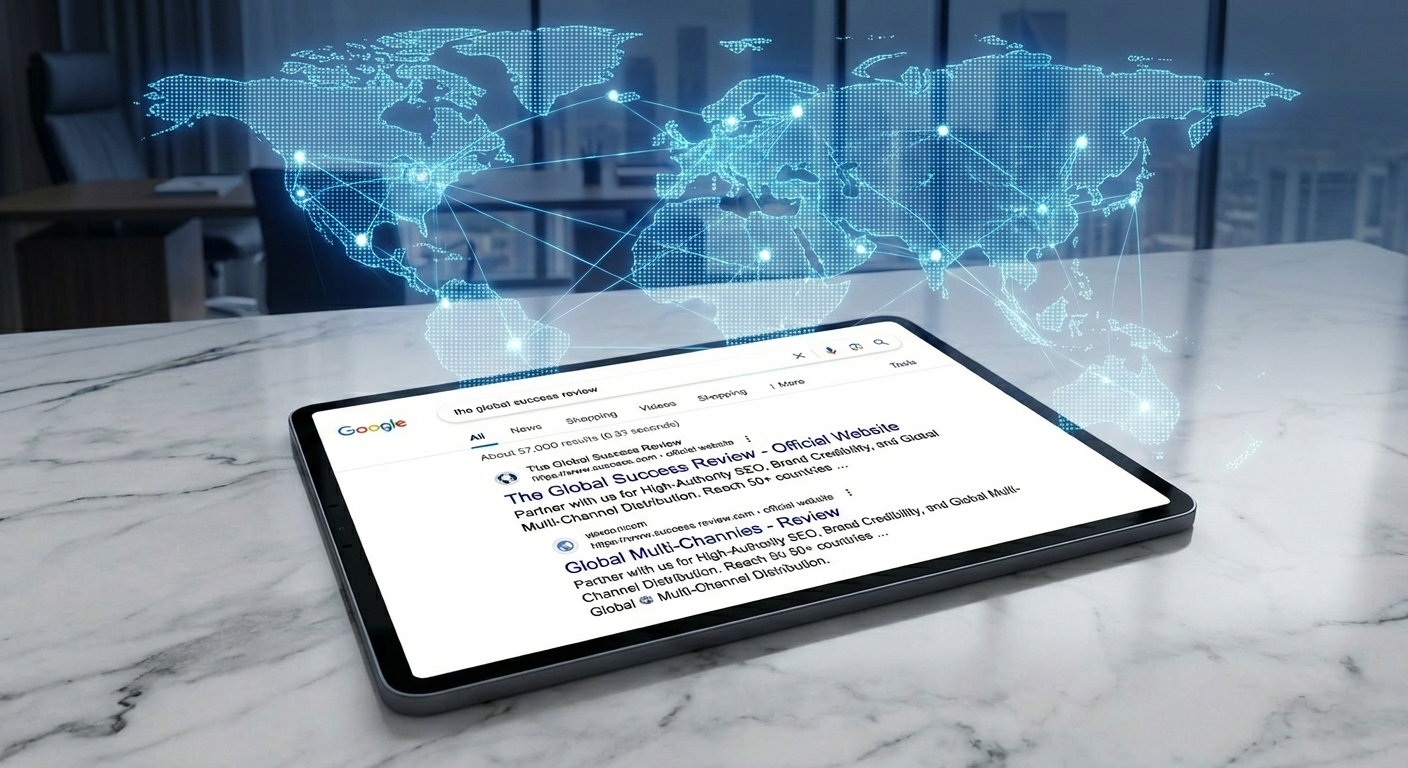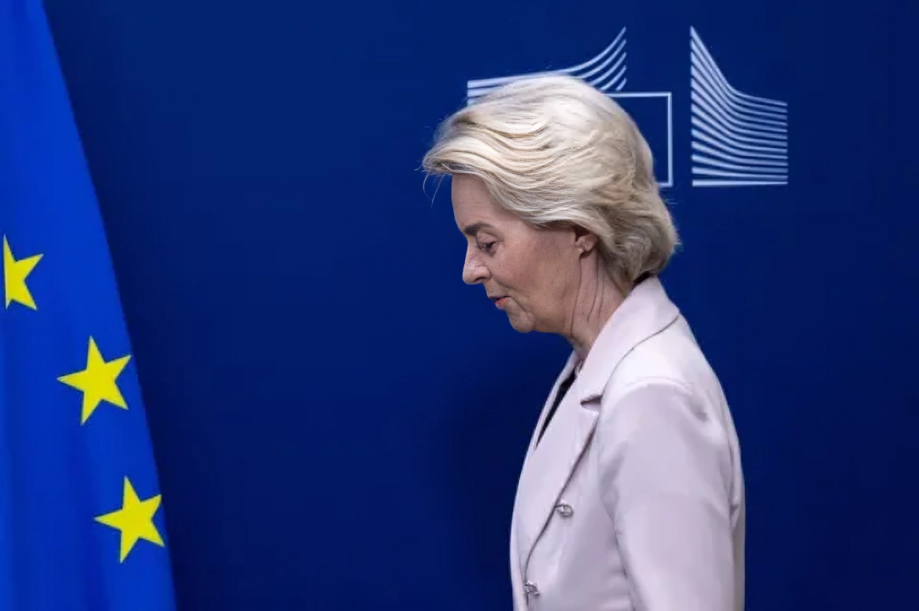As tensions mount over proposed US tariffs, the European Union has announced plans to expedite trade negotiations with Washington in an effort to avert a full-blown transatlantic trade war. The move comes on the heels of a phone conversation between European Commission President Ursula von der Leyen and US President Donald Trump, which appears to have reinvigorated stalled discussions.
“There’s now a new impetus for the negotiations,” confirmed European Commission spokesperson Paula Pinho during a press briefing on Monday. Both leaders agreed to accelerate dialogue and maintain open communication as the July 9 tariff deadline approaches.
President Trump had initially threatened to impose a sweeping 50% tariff on European imports impacting over $321 billion in trade. However, following the phone call with von der Leyen, he granted a temporary reprieve, extending the deadline to allow for deeper negotiations. “We had a very nice call, and I agreed to move it,” Trump said on Sunday.
The talks remain fraught with challenges. EU officials have raised concerns about unclear messaging from the US side, while Washington continues to accuse the EU of unfairly targeting American firms through regulations and legal actions. The lack of a unified position from the US administration has further complicated efforts to find common ground.
In Brussels, European trade chief Maros Sefcovic was scheduled to speak with US Commerce Secretary Howard Lutnick on Monday, while EU ambassadors held emergency consultations with the Commission to strategize next steps.
Market sentiment showed cautious optimism. US and European equity-index futures rose in tandem with Asian stocks, while the US dollar fluctuated after reaching its lowest point since December 2023.
According to Bloomberg Economics, the proposed US tariffs could reduce America’s GDP by 0.6% and push consumer prices up by 0.3%.
The European Commission had recently proposed a deal aimed at defusing tensions, which included a mutual removal of tariffs on industrial goods, expanded access for US agricultural exports, and joint efforts on developing AI-focused data centers. However, Washington rejected the offer.
Despite calls for diplomacy, the EU is bracing for a potential escalation. The bloc has already approved retaliatory tariffs on €21 billion worth of US goods, including politically sensitive exports such as Louisiana soybeans, poultry, motorcycles, and other agricultural products. A broader €95 billion package is also being prepared, targeting major US industries including aviation, automobiles, and bourbon.
EU leaders remain divided on the approach. While some favor assertive countermeasures, others urge a more measured response. Speaking at a business event in Heilbronn, German Economy Minister Katherina Reiche emphasized the importance of de-escalation: “We need to find common ground. That must be the goal. There are still six weeks left to find a solution.”
As negotiations intensify, all eyes are on Brussels and Washington. The next few weeks will be critical in determining whether the world’s two largest economic blocs can steer away from conflict or brace for a new wave of trade hostilities.



















